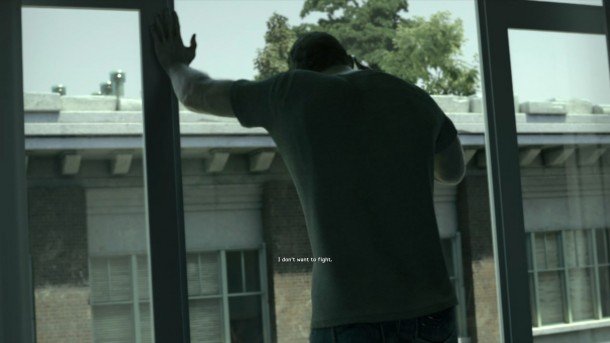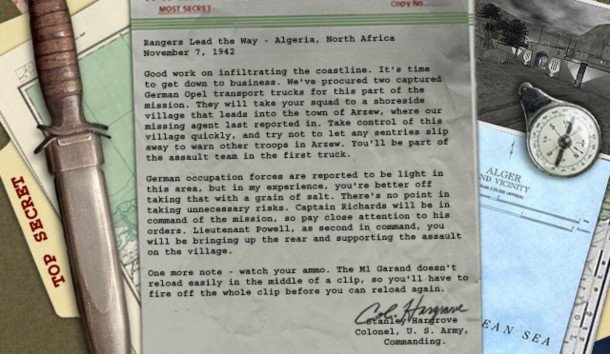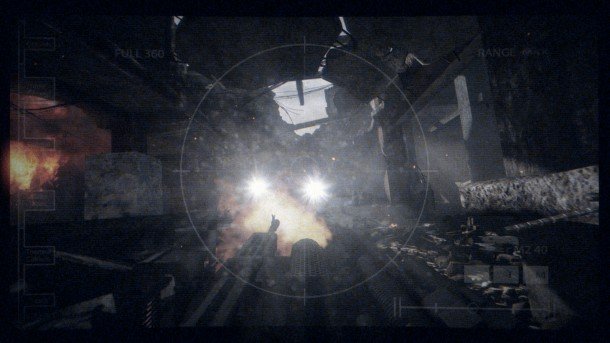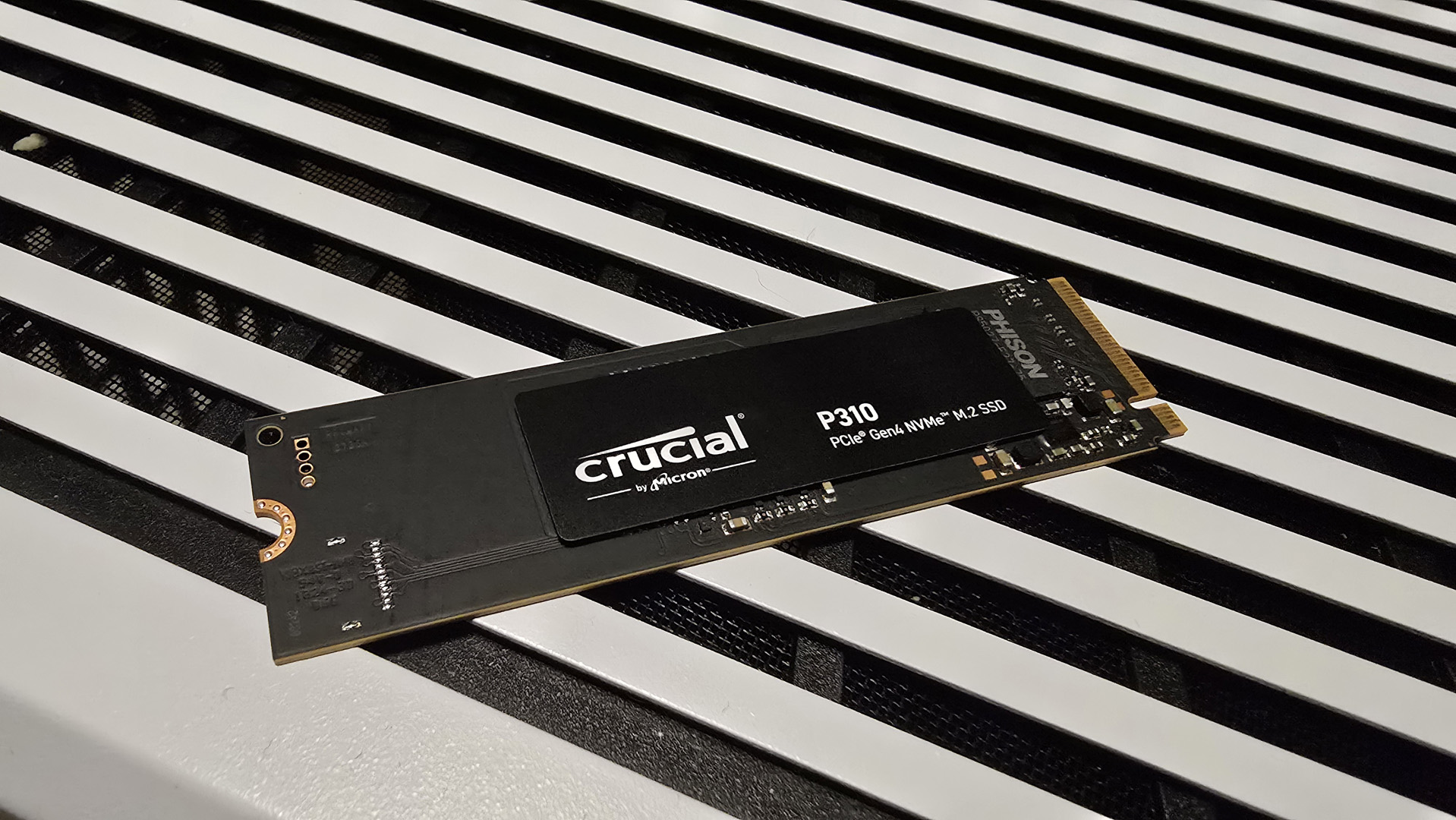Editorial: Warfighter vs. Allied Assault - how Medal of Honor went astray
Being realistic vs. being real
Warfighter's desire for authenticity goes further: it wants me to believe these are real wartime heroics. “This personal story was written by actual Tier 1 Operators while deployed overseas," reads the official description. "In it, players step into the boots of these warfighters and apply unique skill sets to track down a real global threat, in real international locations, sponsored by real enemies. It doesn't get any more authentic than Medal of Honor Warfighter, coming October 23, 2012.”
It's real, real, real, and authentic. It was written by actual Tier 1 Operators. I wasn't there, but I'm highly skeptical that Warfighter depicts real anything. Men planting explosives then dashing through collapsing shipping crates while picking off a shooting gallery of bad guys is not the truth. So what's Warfighter's dose of reality? In the beginning, at least, it's a story about a soldier's strained relationship with his wife.

War is a terrible emotional burden, but shooting a guy point blank in the back of the head is just a tutorial? It's dishonest, and when you make a game about a war we're currently invested in, well...maybe you shouldn't. If you do, it'd better be intellectually challenging, or it'll just come off as jingoistic tripe.
MOHAA has a strong advantage here. It can say "Allies good, Axis evil" and we're fine with it because it's the globally accepted version of the truth. In pop culture, Nazis are equivalent to zombies and murderous robots, so MOHAA can skip all the posturing and get to the mission briefing. But even controversial wars, like Vietnam, benefit from perspective and distance. Battlefield: Vietnam didn't try to prove anything about American heroism to players, it was just a war game set in Vietnam.

I know it's not in the spirit of the series, but what the hell is wrong with fictional wars? Call of Duty and Battlefield get it. The Chinese! The Russians! I'm fine with xenophobic pretend land. People aren't dying in xenophobic pretend land. And who would a truly realistic Medal of Honor be for, anyway? It would probably look a lot more like Arma II, but without the fictional country, and it'd be much more grisly than Warfighter's glossy action scenes. A Linkin Park song wouldn't quite capture the gravity.
So, what happened?
In an early Warfighter mission, I drive an RC bot through a crumbled building, shredding guys foolish enough to point their flashlights at me. It's a cool idea for a scene. It adds variety, swapping constant danger for lack of danger. But it's not fun. Was Ender's Game fun after Ender figured out the game?

So why is it there? Is it there to make us say, "Ooh, how authentic "? Maybe I little, but I think it's mostly there because robots are cool. Campaigns have turned into Universal Studios theme park rides. They're only sustainable as entertainment for a few minutes, and they bombard the viewer with every spectacle they can--robots, explosions, whatever keeps them invested. The viewer is under the ride's control, because no one can be allowed to wander away and miss an explosion.
The biggest gaming news, reviews and hardware deals
Keep up to date with the most important stories and the best deals, as picked by the PC Gamer team.
When I reviewed the first Medal of Honor reboot in 2010, I liked it more than most. I don't regret that—I was being honest when I said I had fun—but the spectacle doesn't impress present me as much as it did past me. Too much spectacle is the problem. Rather than give us objectives and put obstacles in our way, Warfighter gives us a series of obstacles, and the objective is to watch them blow up. It doesn't work, because we don't have to do the work. We're just along for the ride.
If Warfighter were more like MOHAA, it would be accused of having a dated design, but isn't that better than having a bad design? I'm happy to play one of them ten years after it released, and the other I probably won't finish, no matter how "authentic" it is.

Tyler grew up in Silicon Valley during the '80s and '90s, playing games like Zork and Arkanoid on early PCs. He was later captivated by Myst, SimCity, Civilization, Command & Conquer, all the shooters they call "boomer shooters" now, and PS1 classic Bushido Blade (that's right: he had Bleem!). Tyler joined PC Gamer in 2011, and today he's focused on the site's news coverage. His hobbies include amateur boxing and adding to his 1,200-plus hours in Rocket League.

